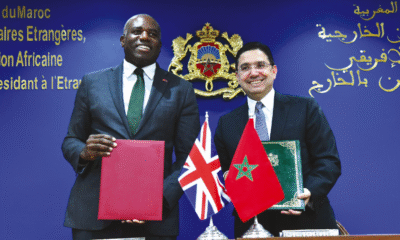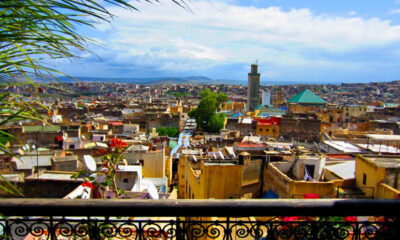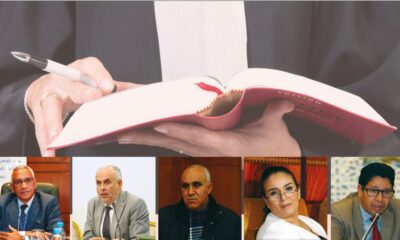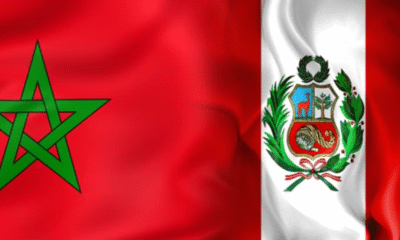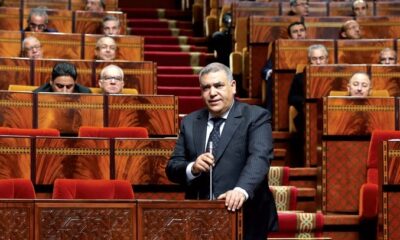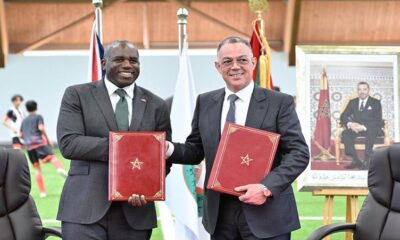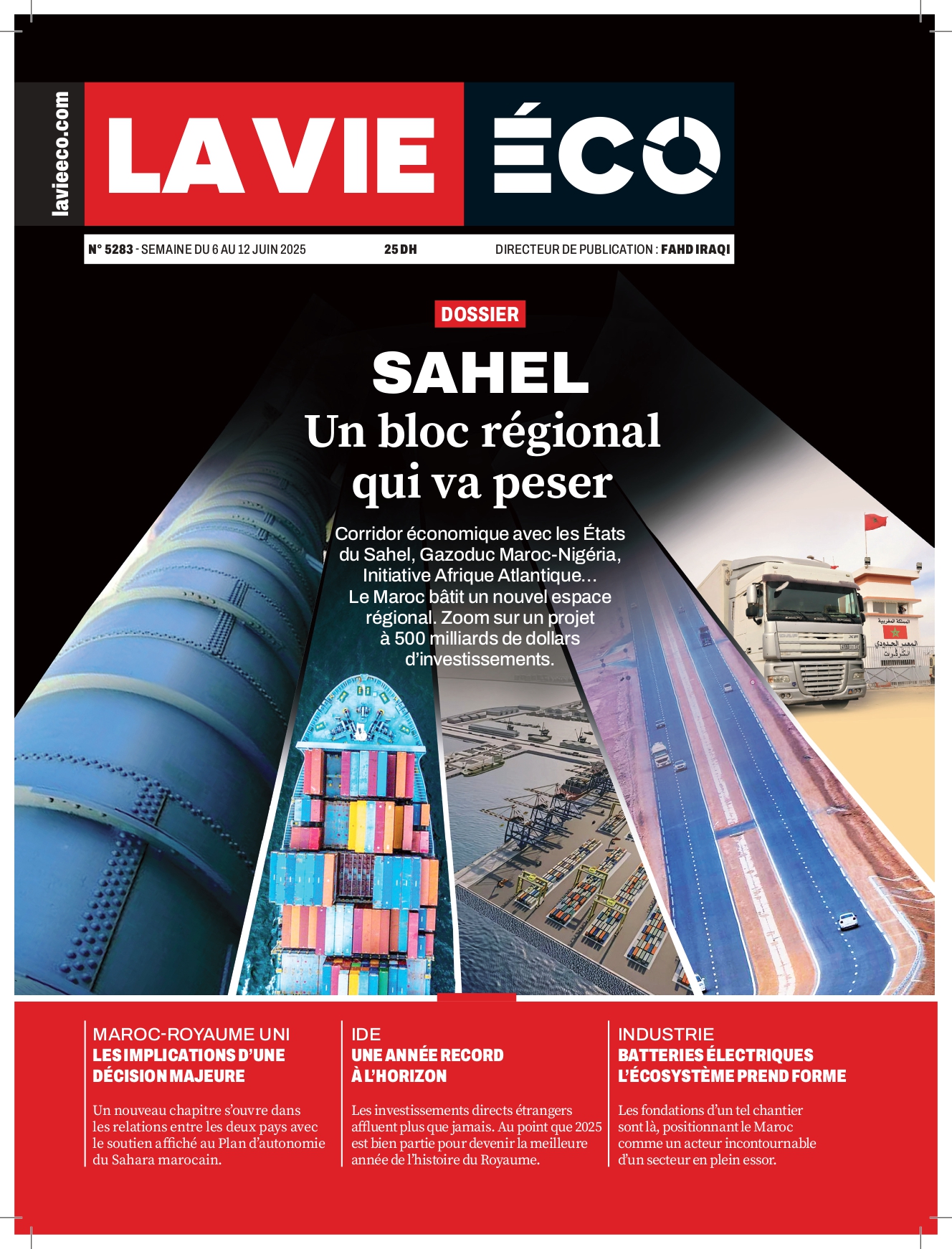Influences
Human Rights: Launch of the NAQLA Program in Rabat
The NAQLA program for training trainers in the field of the «right to live in a healthy environment », initiated by the Interministerial Delegation for Human Rights, was launched on Wednesday in Rabat in the presence of representatives from the concerned sectors.
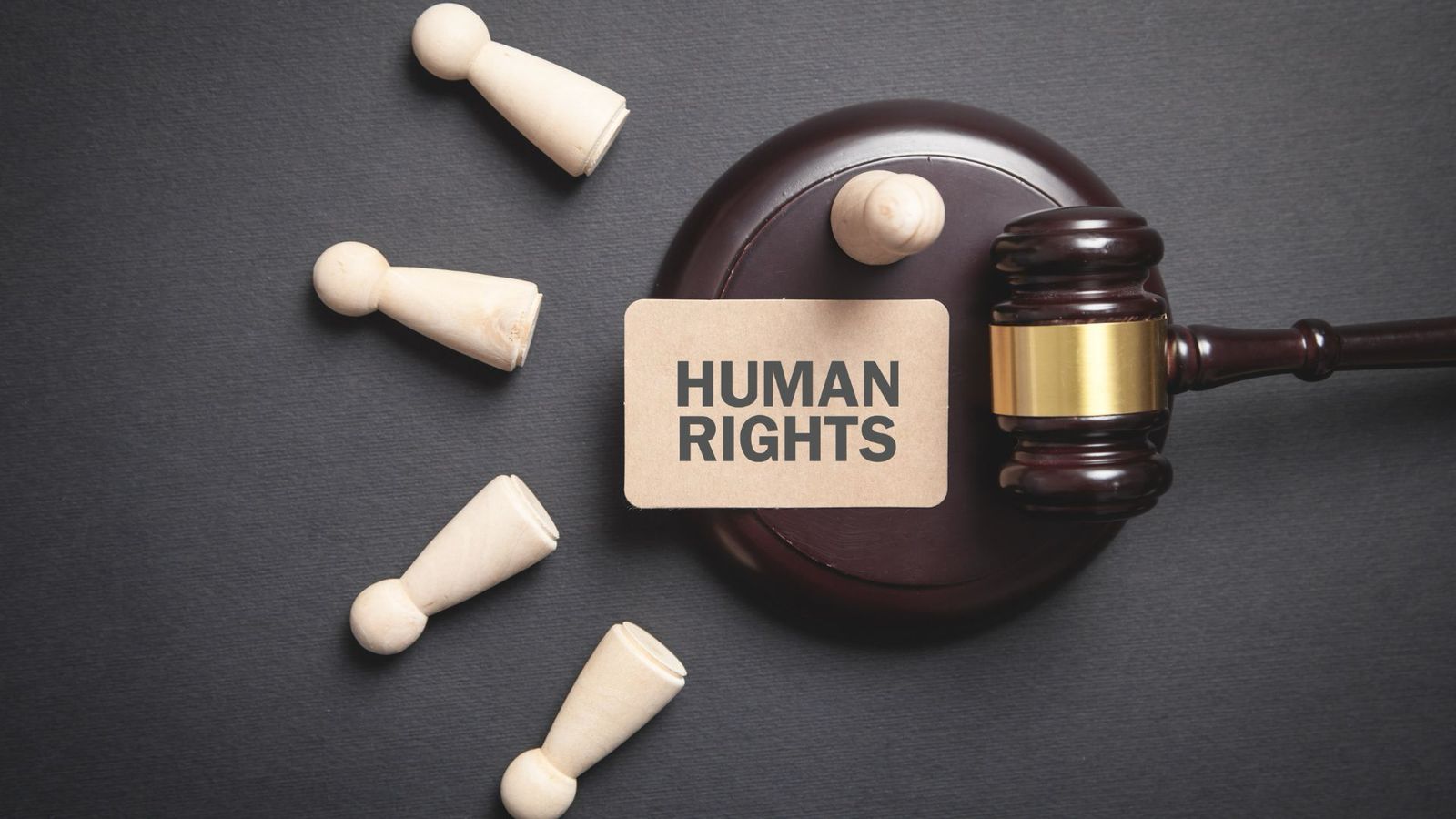
This program, which will continue until April 24, will benefit more than 120 officials and executives from various government departments, public administrations, national institutions, research centers, universities, civil society associations, and national media.
In a speech read on his behalf, the Interministerial Delegate for Human Rights, Mohammed El Habib Belkouch, affirmed that the Kingdom attaches great importance to consolidating the culture of human rights and sustainable development, noting that the NAQLA program aims to align public policies with international standards by developing the capacities of actors in the field of the right to a healthy environment.
This program is the result of several partnerships between the Delegation and several institutional and professional actors working to promote human rights, which reflects a common will to make training a strategic lever to strengthen democratic practice and consolidate the values of citizenship, emphasized Mr. Belkouch.
He indicated that this program aims to create a new institutional and societal dynamic in the field of human rights, by integrating international standards into the institutional, legal, and cultural environment of Moroccan society, and by establishing links between the various actors involved.
Mr. Belkouch stressed the crucial importance of environmental rights, including the right to a healthy environment, in a global context marked by profound changes in climate change, food and water security, atmospheric pollution, and ecosystem degradation.
Morocco, under the wise leadership of HM King Mohammed VI, is firmly committed to various international dynamics related to the environment, he said, recalling that the Kingdom is a party to the three Rio Conventions in 1995, the Kyoto Protocol in 1997, the Montreal Protocol on substances that deplete the ozone layer, and the United Nations Framework Convention on Climate Change in 2002.
The holding of the 22nd Conference of the Parties to the United Nations Framework Convention on Climate Change (COP-22) in Morocco in 2016 marked a major milestone reflecting Morocco’s strong commitment to international efforts in this field, he noted.
He highlighted the constitutional anchoring of the right to live in a healthy environment and sustainable development, as well as the significant efforts made to harmonize the national legal framework with the relevant international standards, emphasizing that the framework law 12-99 on the national charter for the environment and sustainable development is one of the flagship texts in this area.
The NAQLA program is implemented in partnership with the Department of Sustainable Development, the Mohammed VI Foundation for the Protection of the Environment, and the United Nations Development Programme (UNDP). It is part of the Kingdom’s overall strategy for promoting human rights and sustainable development, in accordance with the Royal High Directives and Morocco’s international commitments in this matter.

